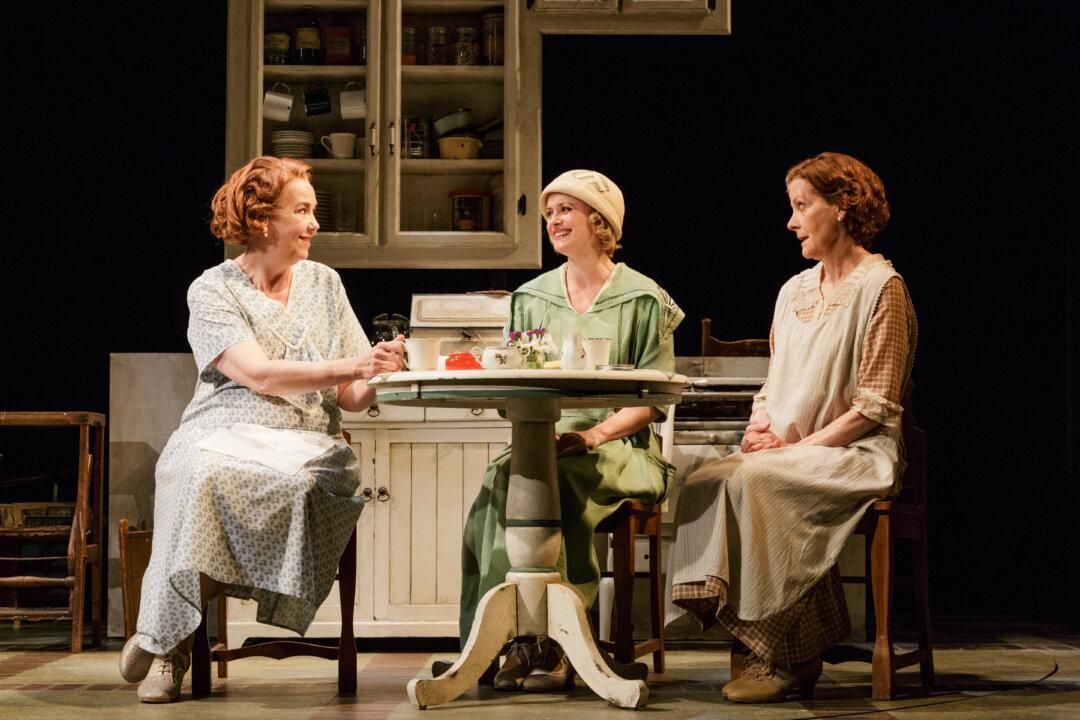NEW YORK—Set in 1920s Texas, in the fictitious town of Harrison, “The Roads to Home” demonstrates the slow but not necessarily serene quality of days gone by in small-town America.
The two-time Oscar winner Horton Foote (screenplays for “To Kill a Mockingbird” and “Tender Mercies”) presents the drama in three interlinked one-acts.
I am reminded of Thornton Wilder's 'Our Town,' which is pervaded by calm acceptance.





